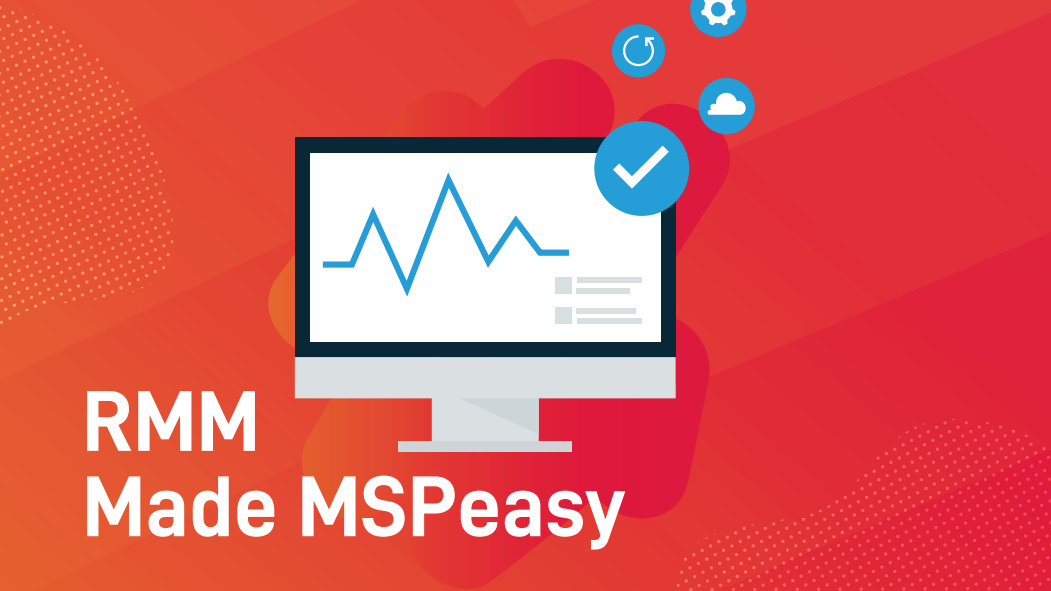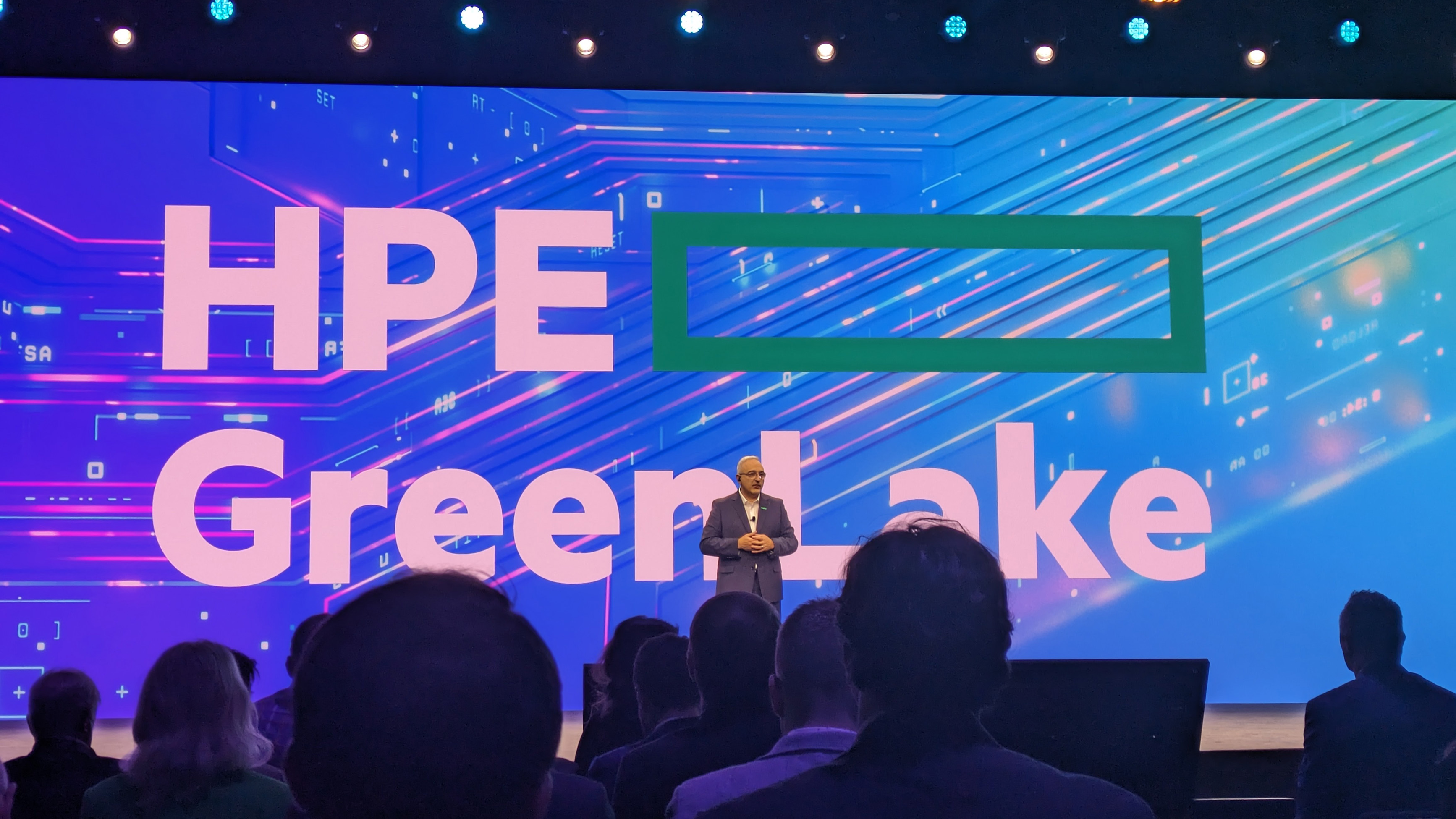What impact have altnets had on the UK’s broadband market?
Altnets could bridge a vital connectivity gap for channel partners and deliver success


In recent years, the broadband landscape in the United Kingdom has experienced a remarkable transformation with the emergence of alternative networks, or altnets.
These innovative players are instrumental in connecting new areas and advancing the full fiber rollout. But what impact and opportunities does the growing altnet sector have on both the channel and consumers?
Full fiber is the future of internet connectivity in the UK and brings many advantages to its users. Generally, speed is not affected by distance to the premises, and so the network is less susceptible to faults and is not usually impacted by poor weather.

Guy Miller is the CEO of wholesale-only full fiber network operator, MS3 Networks. With vast executive experience including several positions at TalkTalk, and a proficiency in leading business transformation initiatives, Miller joined MS3 in 2021 to realise its mission to connect 535,000 premises across the internet to full fiber by 2025.
Crucially, unlike its predecessors — ADSL and FTTC — FTTP will not be affected by the PSTN switch off at the end of 2025. In the UK as of September 2023, 56.3% of premises have access to at least one provider’s full fiber network.
The government recognizes the importance of full fiber too, as proven by its Project Gigabit initiative, which seeks to connect the entire UK to full fiber by the end of 2030 through a blend of public sector support and private investment. And with the rollout well underway, consumers are beginning to see the benefits of full fiber.
Of the 56.3% with access to the network, Ofcom estimates that take-up of services using full fiber is around 25%.
In addition to public sector funding of challenging areas and investment by incumbent operators into their own full fiber networks, the emergence of alternative networks has brought an additional set of benefits, not only for consumers and businesses but also for channel partners.
Stay up to date with the latest Channel industry news and analysis with our twice-weekly newsletter
Bridging the connectivity gap
Project Gigabit funding supplements the commercial rollout, particularly in harder-to-reach areas that are geographically, infrastructurally, or commercially unviable for private investment to connect. The project’s latest progress update reveals it has now launched over £780 million worth of procurements to cover up to 545,000 premises.

In parallel to Project Gigabit, Openreach, which is the largest incumbent infrastructure provider for almost all the UK, has pledged to reach 25 million premises by December 2026. While these figures show good progress, there's clearly a discrepancy between the number of premises where full fiber will be available and the total number of premises in the UK.
It’s essential that Project Gigabit funding is exclusively used for projects in hard-to-reach areas. So, how can we bridge the gap between Project Gigabit and Openreach efforts? This is where altnets come in.
INCA’s Annual altnet report 2023 revealed that planned investment in altnets from now to 2030 has increased to £24 billion — more than BT Group and Virgin Media O2 combined.
Altnets plan to use this investment to deploy their own independent networks across the UK, bridging the gap between those already fulfilled by incumbent providers and government investment.
Reducing prices
While it's well established that healthy competition is essential to a fair market, it's not been historically present in the broadband space. Very often, there's just been one or two operators for both consumers and channel partners to choose from, which has allowed incumbent providers to charge higher prices with little incentive to enhance service quality.
RELATED RESOURCE

Give your remote team the tools needed to monitor and manage customer environments
The arrival of altnets has disrupted the status quo. By bringing competition and lower prices to both consumer and wholesale markets, they have forced incumbent providers to reevaluate their pricing models and service offerings.
Incumbent operators enjoy a significantly more established brand and presence in the area. Therefore, in order to compete, altnets typically offer improved service packages.
In fact, one study revealed that the entry of just one broadband competitor into a regional market will reduce the price for gigabit services by as much as 35%.
Offering greater opportunities for partners
The rise of altnets has also created significant opportunities for the channel to expand its service offerings into traditionally challenging-to-reach areas. Retail internet service providers (ISPs) can leverage the existing infrastructure laid by altnets to extend their services to new customer bases.

For example, Hull is recognized by Ofcom as having some of the highest wholesale and consumer prices for broadband out of anywhere in the UK. This is down to an essential ‘broadband monopoly’ where just one provider has made it commercially unviable for the channel to adopt its wholesale packages.
With the rise of altnets in the Hull, it's become significantly more cost effective for channel partners to enter the market. Altnets themselves need to offer a competitive wholesale pricing model in order to draw in channel partners, which has worked effectively.
In turn, a greater number of partners has resulted in a higher degree of competition on the market, a greater quality of service and better prices for consumers and businesses as ISPs are able to pass on their wholesale cost savings to their customers.
ISPs are able to take advantage of the opportunity to launch in new areas and generate additional revenue streams with a wider market reach.
The rise of altnets has triggered a transformation of the UK's broadband landscape to benefit consumers, businesses, and channel partners alike. As of February 2023, altnets reached over 25% of UK premises with a combined footprint covering cities, towns and villages across the UK that rivals that of Openreach.
Altnets aren't just a small part of the broadband market, but a key player to ensuring that affordable, accessible broadband packages are available to the channel and consumers regardless of geographical location or incumbent status.

Guy Miller is the CEO of wholesale-only full fibre network operator, MS3 Networks. With vast executive experience including several positions at TalkTalk, and a proficiency in leading business transformation initiatives, Miller joined MS3 in 2021 to realise its mission to connect 535,000 premises across the internet to full fibre by 2025.
-
 Can the ‘microshifting’ trend work in the tech sector?
Can the ‘microshifting’ trend work in the tech sector?In-depth Research shows that employees want to break up their working days into short, flexible blocks – here’s how tech leaders can implement what’s being coined as ‘microshifting’
-
 Brother DCP-L1640W review
Brother DCP-L1640W reviewReviews This compact mono laser multifunction looks perfect for home workers, but is its appeal more than skin-deep?
-
 Licensed mmWave: Opportunity or overhead?
Licensed mmWave: Opportunity or overhead?Industry Insights Ofcom’s latest mmWave auction unlocks major new capacity for 5G and FWA, offering a faster, more flexible complement to fiber - especially in dense urban areas
-
 UK channel firms are ‘leading the way’ in AI networking readiness
UK channel firms are ‘leading the way’ in AI networking readinessNews Westcon-Comstor's latest research reveals that 43% of UK partners now offer AI-integrated network services as fresh opportunities beckon
-
 ePrivate 5G and partner ecosystems: The blueprint for intelligent infrastructure
ePrivate 5G and partner ecosystems: The blueprint for intelligent infrastructureIndustry Insights Private 5G networks and collaboration between technology partners underpin the next wave of innovation and enterprise digital transformation
-
 Enterprise networking - but without the therapy bills
Enterprise networking - but without the therapy billsIndustry insights Historically the networking channel has been on focused on features, but we now need to shift emphasis to enablement...
-
 'Our partners asked, and we listened': Cato Networks unveils revamped global partner program
'Our partners asked, and we listened': Cato Networks unveils revamped global partner programNews The new initiative introduces specialization tracks and partner tiers with zero upfront financial commitment
-
 Zyxel Networks targets cloud networking growth with new partner program
Zyxel Networks targets cloud networking growth with new partner programNews The revamped initiative places an increased focus on the firm’s Nebula cloud platform
-
 TD Synnex becomes exclusive UK distributor for Synology BeeDrive
TD Synnex becomes exclusive UK distributor for Synology BeeDriveNews The compact data hub can offer up to 11 times faster backup speeds for SMBs and home workers, Synology says
-
 Storage as a service: A win-win for the channel and modern businesses
Storage as a service: A win-win for the channel and modern businessesIndustry Insights Storage as a service has become a key focus for businesses seeking to consolidate their post-pandemic IT spending